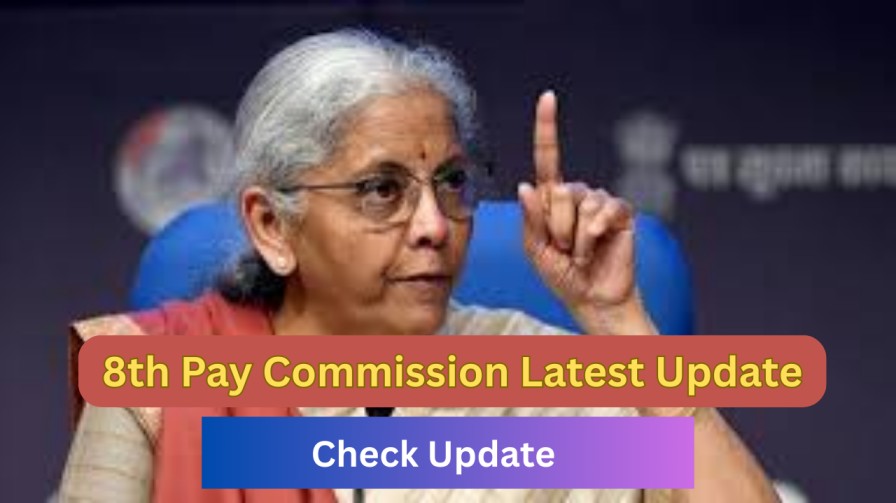8th Pay Commission 2025– Big changes are on the way for government workers and retirees, and it looks like 2025 is going to be a year of real financial improvement. The 8th Pay Commission is set to roll out, and its impact promises to make a noticeable difference in the paychecks and pensions of millions of public servants. So, what exactly does this mean for you? Let’s break it down.
Salary Boost for Government Employees
If you’re working for the government, there’s some very good news coming your way. The 8th Pay Commission suggests that basic pay could rise by anywhere from 30-35%. That’s a significant jump from the current pay structure under the 7th Pay Commission. But it doesn’t end there. There’s also talk of merging the dearness allowance (DA) with the base salary. This could simplify the pay structure and result in a larger take-home salary. So, in short, you could end up with more money in your pocket each month.

Retirees Getting a Well-Deserved Increase
It’s not just current employees who stand to benefit from these changes. Retirees are also in for some relief. The pension amounts for retired government workers are expected to rise by up to 30%. Plus, there’s word that the government might change the way pensions are calculated, potentially offering even more benefits to those who’ve spent their careers serving the nation. It’s definitely a welcome boost for many who have been relying on pensions to cover their expenses.
A New Approach to Dearness Allowance
Right now, the dearness allowance (DA) is about 50% of your basic pay. Under the new system, this will be rolled into the basic salary, which means your base salary will be more substantial right off the bat. The government is also discussing the idea of introducing a unified payment system, something like a “One Nation, One Pay” model, which would make pay more consistent across different sectors. While this is still in the works, it’s an interesting idea that could help streamline the whole system.
When Will These Changes Take Effect?
As of now, the official word is still pending, but the 8th Pay Commission is expected to be implemented in January 2025, with full implementation likely by April 2025. There are still a few details to be finalized, but the government seems ready to push ahead with the changes soon. If you’re someone who’ll be affected, it might be worth keeping an eye on the news for the exact rollout date.
Tax Relief on the Horizon
Along with the salary hikes, there’s another piece of good news: tax relief. Under the new scheme, annual income up to Rs 7 lakhs will be tax-free. This is a huge relief for many employees, as it’ll mean more of your hard-earned money stays in your pocket. There will also be tax benefits for house rent allowances and medical reimbursements, which should further increase your disposable income. It’s not just about the salary boost—it’s also about having a little more breathing room financially.
So, What Does This Mean for You?
All of these changes are about more than just higher salaries and bigger pensions—they represent a significant shift toward better financial stability for government employees and retirees. If you’ve been struggling with rising living costs, these adjustments could help ease some of that burden. And with tax relief and a more straightforward pay structure, managing your finances could become a bit less stressful in the years to come.
As we get closer to the official implementation of these changes, it’s a good idea to stay updated on how the new rules might affect you specifically. Whether you’re still working in the government sector or enjoying your retirement, the 8th Pay Commission is shaping up to be a major financial boost—and 2025 is looking like a year of positive change for many public sector workers.